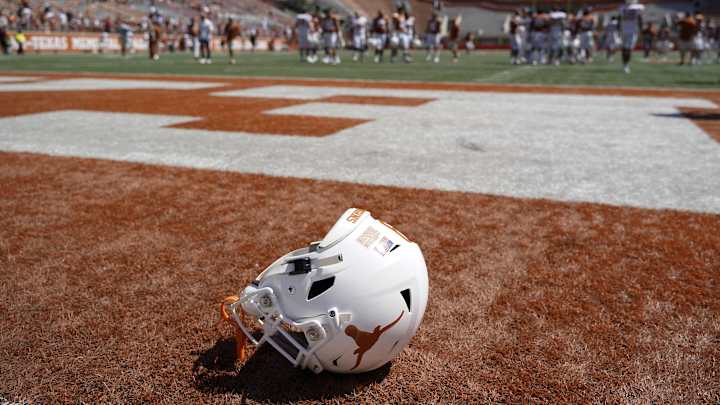College Football Needs to Get its Act Together

Spare me all this chatter about how the SEC didn’t do anything wrong because it didn’t initiate the annexation. Because Oklahoma and Texas reached out to the SEC.
It would have been just as wrong for the future of college football if Oklahoma and Texas had saddled up with the Big Ten.
The sport needs to figure out how to make unified decisions.
``A house divided against itself cannot stand.’’
And that’s what we have when one conference poaches schools from another conference. Never mind who started it.
The problem, of course, is that college football does not have a governing body. And no, the NCAA does not count.
When the SEC or the Big Ten can improve their lot by pulling the rug out from under the Big 12 or the Big East, it is bad for the sport.
And yes, the ACC/Big Ten/Pac-12 alliance is a lame answer. But don't dismiss the growing danger of an immense problem along with the toothless response.
What the alliance really needs is for the SEC and the Big 12 to take a seat at the table.
The schools that want to play big-boy football need to get together and decide on a healthy, ethical way to proceed.
When college sports can take a lesson from pro sports, that’s a pretty sad commentary on college sports.
If Iowa State and Baylor and Oklahoma State want to play football at the highest level—on reasonably equal footing—they should have a way to do that. Same as Ole Miss and Vanderbilt, and Minnesota and Purdue. And on and on.
The problem is, the sport is increasingly ruled by television networks—especially ESPN—throwing huge dollars around.
And conference commissioners and athletic directors who are compelled to chase those dollars need to find a better way of doing business. The monetary arms race is diminishing the wonderful of college football.
Sports—especially college sports—are supposed to be decided on the field, a level playing field. The outcome should not be pre-determined by the size of a television contract.
To fix that, the colleges that want to play big-boy football need to get together and negotiate—and share—the obscene mega-dollars that their sport commands.
Some people might get a few dollars less, but it is for the greater good: To have a fair and uplifting competition.
Pro sports have pretty much figured this out. Some big-market teams have a leg up. But not a boot on the throat.
Here’s a scenario: The Houston Chronicle doesn’t break the news that Oklahoma and Texas are bolting to the SEC. The expansion of the College Football Playoff to 12 teams is approved. Then the SEC announces it is adding the Sooners and the Longhorns, assuring that the SEC will secure the lion’s share of playoff berths—and widen the ever-widening gap between rich and not-so-rich football schools.
And nobody did anything wrong?
Did Texas, Oklahoma and the SEC do anything wrong under that scenario?
If the competition is merely going to be for dollars. . . include me out. And mark college football down for another wrong turn. Really wrong.
